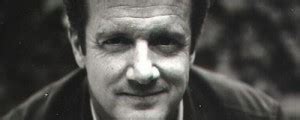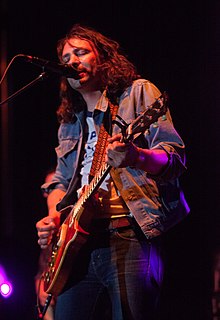A Quote by Bob Mayer
First novels tend to be blood-lettings, and they're focused on you, not the reader.
Related Quotes
If you read novels of the 19th century, they're pretty experimental. They take lots of chances; they seem to break a lot of rules. You've got omniscient narrators lecturing at times to the reader in first person. If you go back to the earliest novels, this is happening to a wild extent, like 'Tristram Shandy' or 'Don Quixote'.
When you're in the moment and not over thinking the song is when things tend to really work. You're not so focused on the minutiae. You're focused on the overall feel, and that's the stuff that I get from the demos. First impressions are always the most important. When you start getting into a full-band, democratic context the little things almost immediately get thrown out the window because you don't think they're important.
First person allows deeper insight into the protagonist's character. It allows the reader to identify more fully with the protagonist and to share her world quite intimately. So it suits a story focused on one character's personal journey. However, first person shuts out insights into other characters.

































